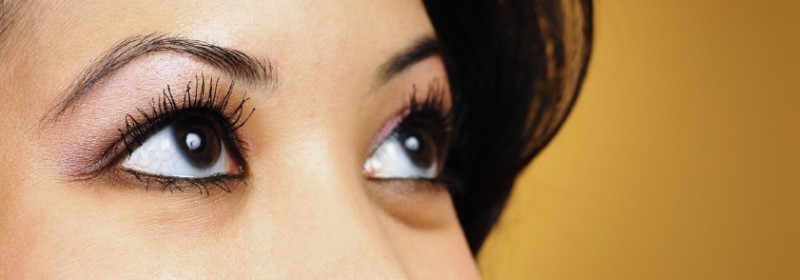All that you need to know about Eye Donation

Did you know that your eyes can live on after you, and give a visually impaired person the gift of sight? Donation of one’s eyes is the act of giving one’s corneas after one’s passing. Blindness of the cornea can be best benefitted through a donation – and can restore eyesight comfortably. Usually something one pledges while they are alive, after the passing of an individual, the family of the deceased can elect to donate the corneas.
Here are some important facts around eye donation:
– When eyes are donated, the cornea – or the frontal clear and transparent tissue of the eye can be used to restore vision to a person who suffers from corneal blindness. The other portions of the eye are also put to use for research and training purposes in order to develop eyesight and ensure solutions to eye issues.
– Did you know that a pair of donated eyes can actually help restore sight for two or more needy people?
– To donate your eyes, one just has to register online – there are many eye bank websites that offer enrolment programs. Some of these websites include www.eyedonation.in and www.donateeyes.org
– Once you register to donate your eyes, you are given a certificate or a card that will help you enlist yourself as a donor. You can carry this card on your person.
– Eye donations are a noble, voluntary and personally motivated gesture on an individual’s part, so no one is forced to, or compulsorily made to donate their eyes.
To ensure that donated eyes are not misused, there is a legislation called the Transplantation of Human Organs Act of 1994, which decries that it is a crime to buy and sell organs. The Government issues a certificate of registration to eye banks and has a provision to inspect them regularly. To contact an Eye Bank, an individual can use a toll free number of 1919 if they call from BSNL, or 197 if they call from BSNL / TATA Directory.
References:
http://donateeyes.org/what-is-eye-donation/
http://npcb.nic.in/index2.asp?slid=123&sublinkid=48&langid=1
Picture Courtesy: smchealth.org
